Security
The decision to travel is your responsibility. You are also responsible for your personal safety abroad. The Government of Canada takes the safety and security of Canadians abroad very seriously and provides credible and timely information in its Travel Advice. In the event of a crisis situation that requires evacuation, the Government of Canada’s policy is to provide safe transportation to the closest safe location. The Government of Canada will assist you in leaving a country or a region as a last resort, when all means of commercial or personal transportation have been exhausted. This service is provided on a cost-recovery basis. Onward travel is at your personal expense. Situations vary from one location to another, and there may be constraints on government resources that will limit the ability of the Government of Canada to provide assistance, particularly in countries or regions where the potential for violent conflict or political instability is high.
Insurgency
Following attacks on Mosul and other cities in northern Iraq, and threats of attack on Baghdad by extremists, the security situation in Iraq has become extremely volatile and could deteriorate with little or no notice.
Extremist insurgents led by the Islamic State of Iraq and the Levant, (ISIL) have threatened to push to Baghdad and regions further south. Attacks in KRG-controlled towns to the southwest of Erbil occurred in early August 2014. Following the start of targeted airstrikes against ISIL in northern Iraq by coalition forces, there are heightened threats of attacks against Western interests and of kidnapping Westerners.
If you are currently in Iraq, consider departing by commercial means if it is safe to do so. Monitor local news reports and instructions from local authorities closely, and remain alert to your surroundings at all times.
Since March 2013, the number and intensity of security incidents and sectarian-related violence have increased across Iraq. Popular targets include Iraqi security forces, government offices and large public gatherings.
Potential Arab-Kurd violence is also of concern. Iraq’s internal stability is further undermined by the ongoing political situation, in which government officials compete for power along ethnic and sectarian lines.
Car bombings, vehicle ambushes and mortar and rocket attacks occur periodically across the country, including in Baghdad and the International Zone (IZ) of Baghdad, resulting in numerous fatalities. These attacks are coordinated, and result in many casualties among bystanders. The risk of being in the wrong place at the wrong time remains high.
Be extremely confident in your security arrangements, assess the risks of travelling in Iraq, monitor local developments closely and register with the Embassy of Canada to Jordan in Amman. Due to the unpredictable security situation, the Government of Canada’s ability to provide consular assistance in all parts of Iraq is severely limited.
Curfews may be imposed on short notice.
Armed clashes between Iraqi security forces and militants have been taking place in the province of Anbar since the beginning of 2014, with the most severe fighting concentrated in Fallujah and Ramadi. Numerous casualties have been reported and thousands of residents have fled the province.
Sectarian violence and terrorist activity have increased since early 2013 in the provinces of Nineveh, Salaheddin and Diyala, including frequent improvised explosive device attacks.
KRG-controlled provinces of Dahuk, Erbil and Sulaymaniyah
Areas under KRG control have been less affected by violence and terrorism than other parts of Iraq, but nonetheless remain vulnerable to the impacts of both regional instability and internal tensions. Extremist insurgents led by ISIL are responsible for attacks on KRG-controlled areas, including towns southwest of Erbil. If you are in the Kurdistan region, you should take precautions to leave areas close to the conflict. Exercise a heightened level of vigilance and plan your security measures accordingly.
Given the very volatile security situation, you may be refused entry into KRG-controlled areas from border points in Iraq.
Threats to foreigners
The threat to foreigners is very high; foreigners present a prime kidnapping target for criminal and terrorist groups hoping to extort money.
Stay in secure, guarded accommodations, travel with close protection teams at all times and take all necessary security precautions if you decide to travel to Iraq. You are strongly advised to consider employing a professional security company and to adhere to their advice for the duration of your stay. You are also strongly advised to acquire comprehensive travel and medical insurance before travelling.
Demonstrations
Demonstrations and retaliatory attacks are common throughout the country, and typically result in deaths and injuries. There is greater unrest in the western and northern provinces due to ongoing Sunni protests and increased militant activity. Avoid all demonstrations and large gatherings, follow the advice of local authorities and monitor local media.
Crime
Crime and corruption are rampant. Carjackings and robberies are common. Security conditions deteriorate after nightfall in most areas. Violent conflicts involving organized criminal elements, street gangs, militant groups, rival militias and Iraqi security forces pose grave dangers.
Checkpoints
Security checkpoints have proliferated in Baghdad and in other parts of Iraq. Be very respectful and cooperate fully at security checkpoints. An Iraqi police or army uniform is not a guarantee that the wearer is operating in an official capacity. Exercise particular caution at ad hoc checkpoints, where murders, kidnappings and robberies frequently occur.Border areas
Avoid travelling to border areas. Iraqi forces are attempting to contain the effects of the deteriorating security situation in Syria, and Kurdish rebel groups are frequent targets of military operations into Turkey and northwest Iran. You may encounter serious problems with local authorities when crossing porous borders.
Women’s safety
Consult our publication entitled Her Own Way: A Woman’s Safe-Travel Guide for travel safety information for Canadian women.
Road travel
Motorists frequently disobey traffic rules, including traffic lights, yielding to pedestrians at crosswalks and yielding the right of way. Speeding and tailgating are common practices.
Due to the country’s high liability risk, it is difficult to obtain car insurance.
Travel by road is not safe. Although travel at night is especially dangerous, attacks are also common during the day.
The road leading to the Baghdad International Airport has been targeted by several attacks.
Buses run irregularly and routes are subject to frequent changes. Rundown transit vehicles are frequently involved in accidents.
Rail travel
Avoid travelling by rail, as the railroad is old and poorly maintained.
Air travel
See Transportation Safety in order to verify if national airlines meet safety standards.
General safety information
Curfews may be imposed on short notice throughout the country. Monitor local media in order to stay informed of changes.
Carry photo identification as well as a legally certified copy of your visa and registration at all times. Keep your passport and visa in safekeeping facilities.
Telecommunications services are very poor or non-existent in remote areas. Cellular network coverage is widespread in major cities.



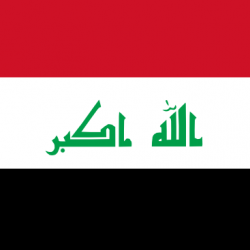
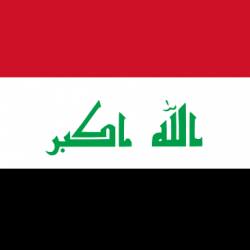
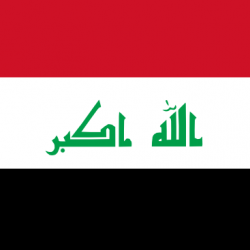
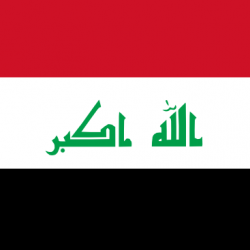
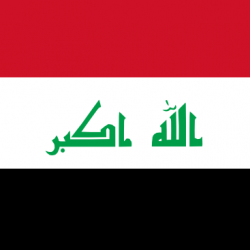
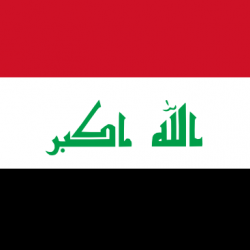
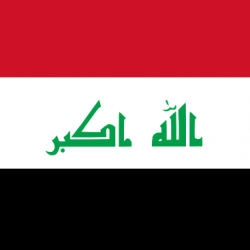
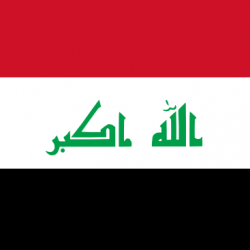
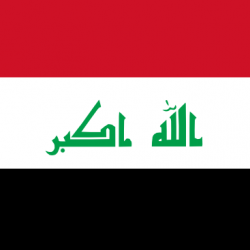
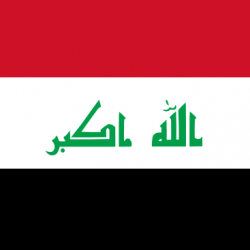
 We will not leak your personal information
We will not leak your personal information